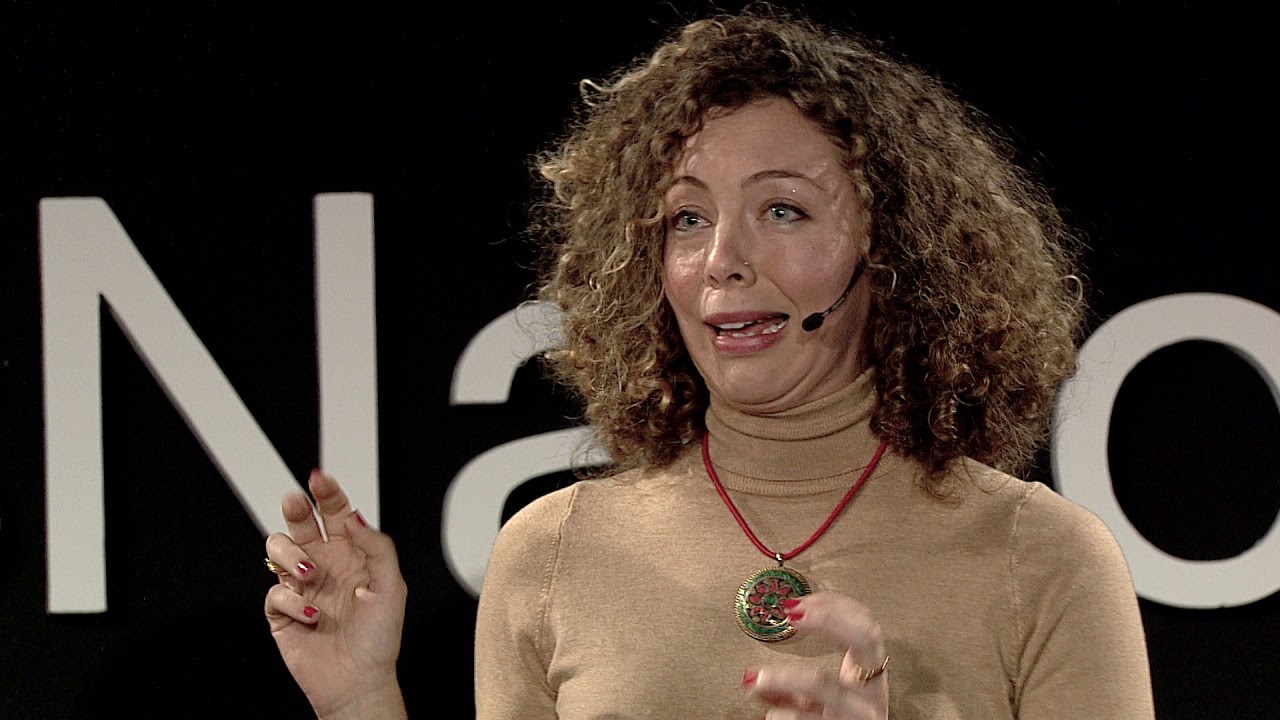Recognising the women who shaped the UN Charter


As a result of research on the origins of the United Nations during the Second World War, the UN for the first time recognised the key role of women of the global south in establishing the equality of the sexes in the UN Charter of 1945. These transformative findings were delivered by staff and students at the Centre for International Studies and Diplomacy.
They found that the inclusion of a key article in the UN Charter – Article 8 on securing women’s equality –was a result of the actions of women delegates from Brazil and the Dominican Republic, namely the feminist activists Dr Bertha Lutz and Minerva Bernardino who represented their nations at the UN Conference on International Organisation, which created the Charter in San Francisco in 1945.
This discovery overturned the long-standing conventional assumption that credited Anglo-Americans such as Eleanor Roosevelt; in fact, the US delegate Virginia Gildsersleve told Lutz that asking for gender equality would be “vulgar”.
These findings resulted in a TEDx talk, coverage in Le Monde, an HBO documentary, and landmark policy change at the UN.
The underpinning research involved extensive archival work. This included formal archives of the UN, its predecessor organisations, and overlooked secondary sources including books, periodicals, newspapers and newsreels.
This research led to policy change by UN Women after advocacy visits by SOAS researchers. UN Women updated their organisation’s webpage to include specific reference to the role of Latin American women in its Charter. UN Women has also updated mandatory training for all UNS staff “I Know Gender” to include Bertha Lutz’s role.



